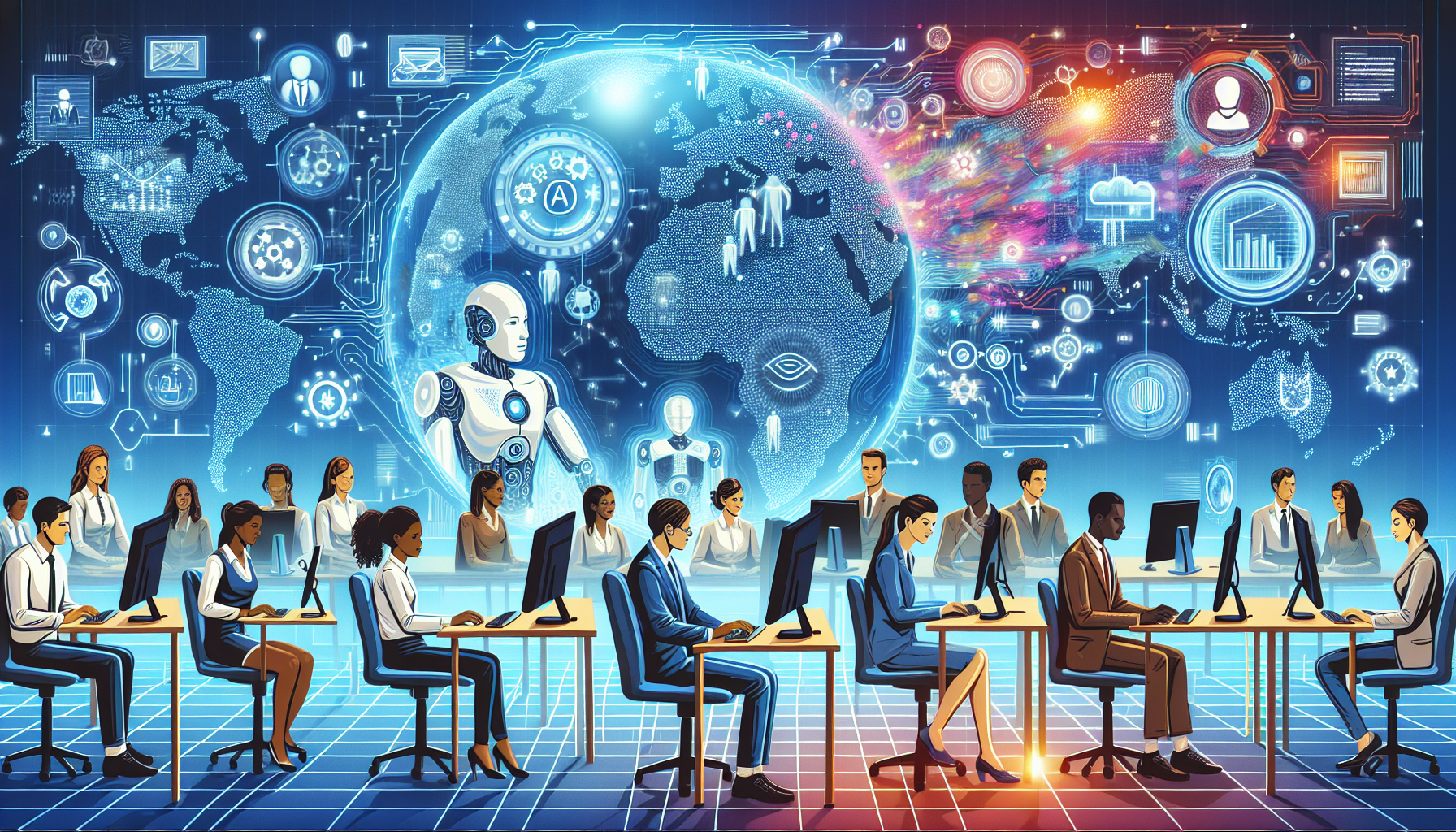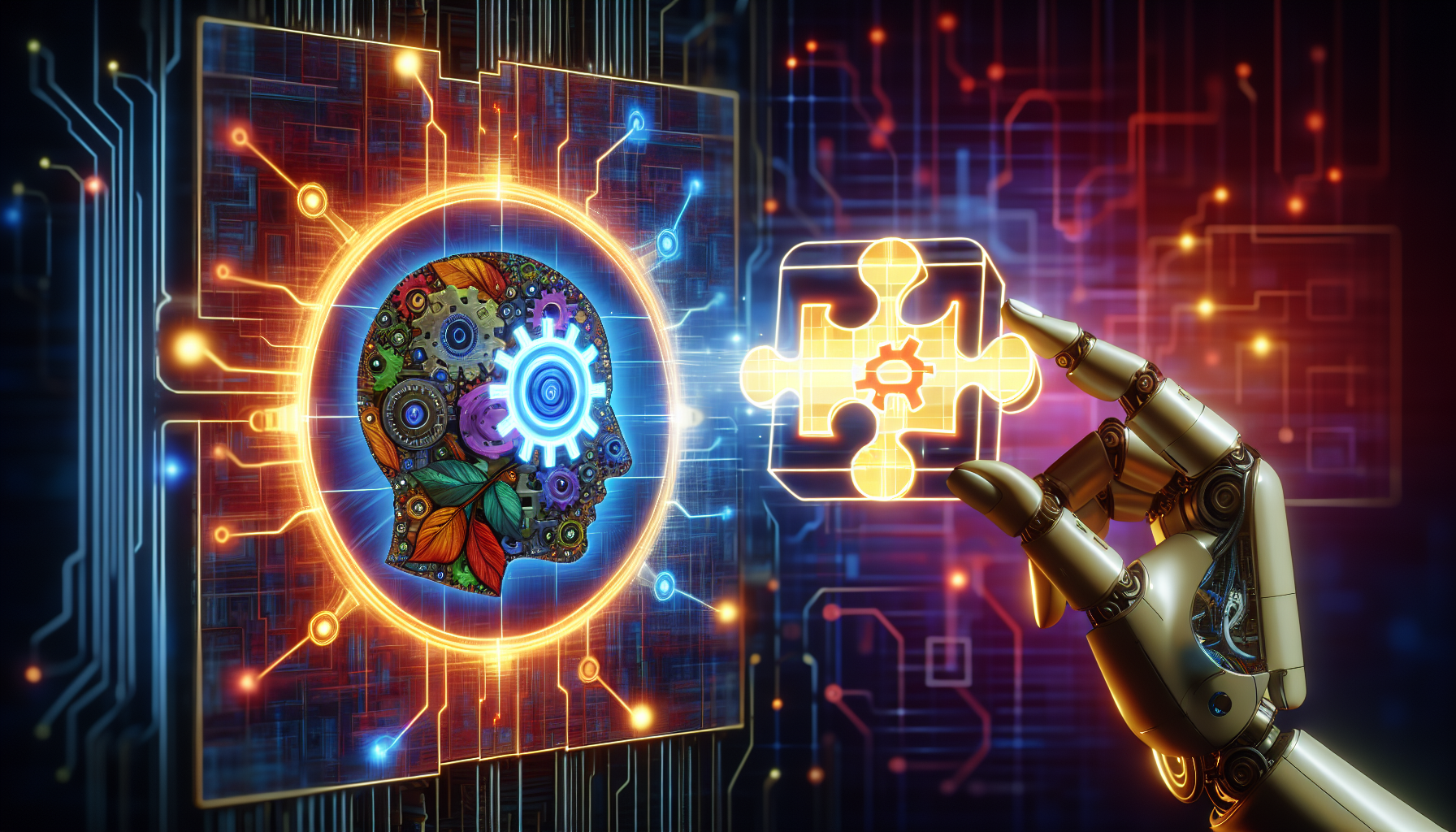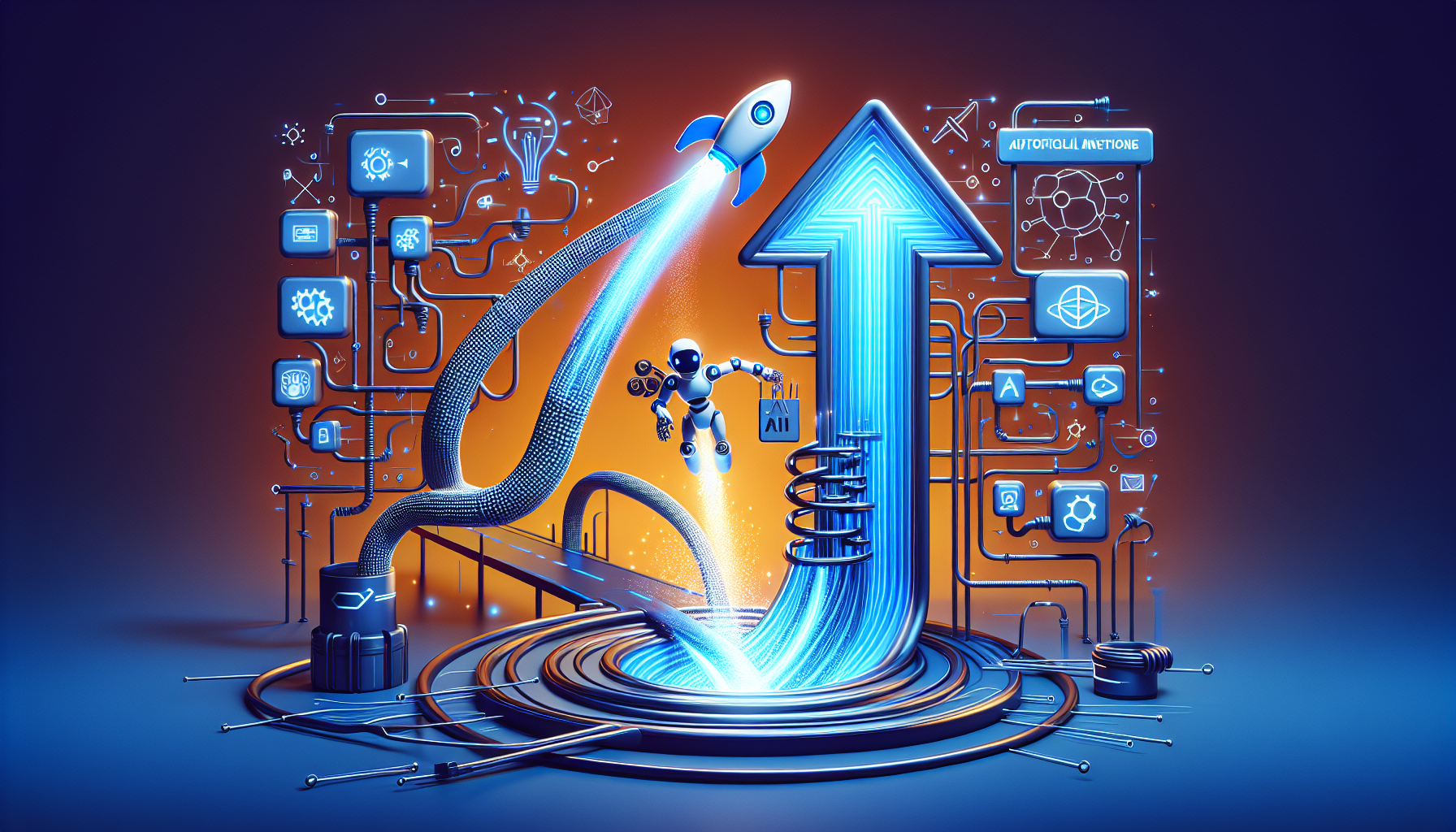Key Takeaways
- AI-assisted remote teams show 14-20% productivity gains while improving job quality, not eliminating roles
- Outsourcing economics flip from cheapest labor to fastest capability as AI handles routine tasks
- Africa emerges as major remote workforce hub with AI training partnerships expanding global talent access
Why It Matters
The remote work revolution just got a major plot twist. While everyone was busy arguing whether AI would steal jobs, it quietly became the ultimate wingman for distributed teams. Companies that once outsourced work purely to save a buck are now discovering that AI-enhanced remote workers can outperform their expensive local counterparts—not just in cost, but in speed, accuracy, and problem-solving capability.
This shift represents a fundamental rewiring of global labor economics. When a support agent in Manila can handle seven customer queries per hour instead of four thanks to AI assistance, while maintaining higher satisfaction scores, the old "race to the bottom" pricing model becomes obsolete. Instead, we're witnessing a "race to capability scale" where the smartest AI-human partnerships win contracts, regardless of geography. The Philippines expects to create 300,000 new skilled roles by 2028, while Africa could provide 10% of the world's remote digital workforce by 2030.
Perhaps most intriguingly, this evolution solves remote work's biggest historical problem: the dreaded "black box" effect where managers never quite knew what was happening on the other side of the world. AI-powered dashboards now provide real-time visibility into progress, quality, and workload patterns, making remote teams feel less remote and more like natural extensions of the home office. The future of work isn't about humans versus machines—it's about humans plus machines versus everyone else still doing things the old way.



